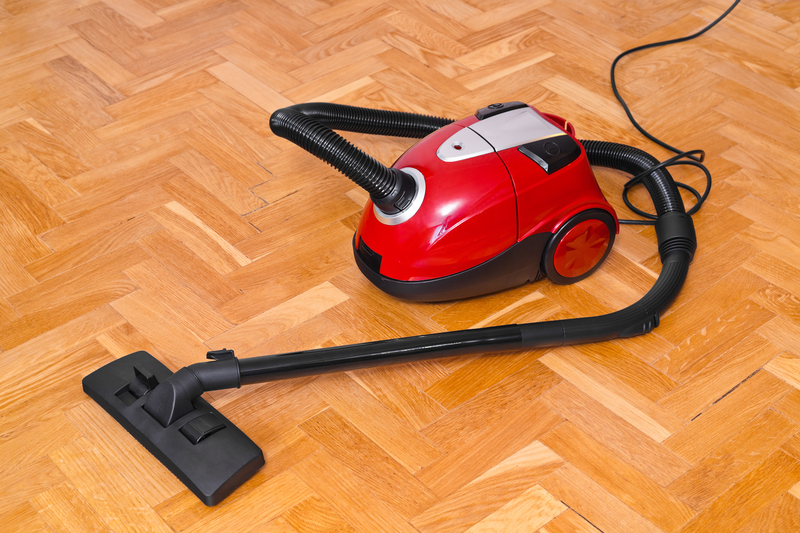Toothpaste is an essential component of personal hygiene, acting as a crucial element in our daily routine for maintaining oral health. The right toothpaste not only helps to keep our teeth clean but also assists in preventing dental problems such as cavities, gum disease, and bad breath. With a plethora of options available in the market, it can be overwhelming to choose the best toothpaste suited to your needs.
Types of Toothpaste
There are various types of toothpaste formulated to address different oral health concerns. Here are some common categories:
1. Fluoride Toothpaste
Fluoride is a mineral known for its effectiveness in preventing tooth decay. Fluoride toothpaste helps to strengthen tooth enamel and guard against cavities.
2. Whitening Toothpaste
Whitening toothpaste contains mild abrasives and bleaching agents like hydrogen peroxide, which help to remove surface stains and maintain a brighter smile.
3. Sensitivity Toothpaste
Toothpaste for sensitivity contains ingredients like potassium nitrate or stannous fluoride that help to alleviate tooth sensitivity by blocking pain signals from nerves in the teeth.
4. Herbal Toothpaste
Herbal toothpaste is made from natural ingredients like neem, clove, and tea tree oil. These toothpastes are often free from synthetic chemicals and may appeal to those seeking a more natural approach to oral health.

Ingredients to Look For
When selecting toothpaste, it's important to pay attention to certain key ingredients that can significantly enhance its effectiveness:
1. Fluoride
As mentioned earlier, fluoride is vital for cavity prevention and enamel strengthening.
2. Triclosan
Triclosan is an antibacterial agent that helps prevent gingivitis by reducing plaque and bacterial growth.
3. Baking Soda
Baking soda is a mild abrasive that can help in removing surface stains and neutralizing acids in the mouth.
4. Essential Oils
Essential oils like peppermint and eucalyptus not only provide a refreshing flavor but also have antimicrobial properties that support oral health.
How to Use Toothpaste Effectively
Using toothpaste correctly can maximize its benefits. Here are some tips:
- Use a pea-sized amount of toothpaste for brushing.
- Brush for at least two minutes twice a day.
- Use a toothbrush with soft bristles to avoid damaging the gums.
- Spit out the toothpaste after brushing but do not rinse your mouth immediately - this allows the fluoride to take effect.
Pros and Cons of Different Toothpastes
Pros:
- Fluoride Toothpaste: Highly effective in preventing tooth decay and strengthening enamel.
- Whitening Toothpaste: Helps in maintaining a bright, white smile.
- Sensitivity Toothpaste: Provides relief from tooth sensitivity.
- Herbal Toothpaste: Contains natural ingredients and fewer synthetics.
Cons:
- Fluoride Toothpaste: Excessive fluoride can lead to dental fluorosis, especially in children.
- Whitening Toothpaste: Overuse can lead to enamel erosion.
- Sensitivity Toothpaste: May not provide immediate relief; it may take time to see results.
- Herbal Toothpaste: May not be as effective in combating severe dental issues compared to medicated variants.
Tips for Choosing the Right Toothpaste
- Consult with your dentist for personalized recommendations based on your dental health needs.
- Read labels and ingredient lists to ensure the toothpaste meets your specific requirements.
- Opt for a toothpaste with the American Dental Association (ADA) Seal of Acceptance for assurance of safety and effectiveness.

Takeaways
- Selecting the right toothpaste is crucial for maintaining optimal oral health.
- Different types of toothpaste target specific dental concerns; choose one that fits your needs.
- Pay attention to ingredients and usage instructions for the best results.
Conclusion
In conclusion, toothpaste is an indispensable part of daily oral care, playing a significant role in maintaining dental hygiene and health. By understanding the different types of toothpaste, their ingredients, and how to use them effectively, you can make an informed decision on the best option for your dental needs. Always consult with your dentist for advice tailored to your personal oral health, and follow good brushing practices to keep your smile gleaming and your oral health in top condition.



